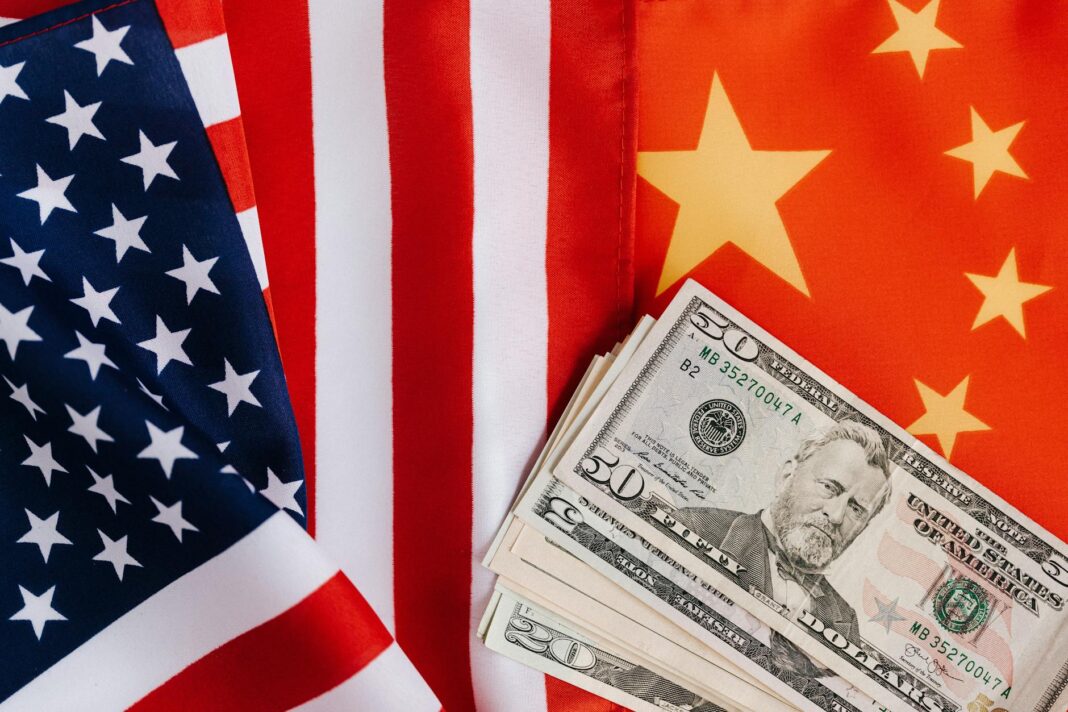China’s Take on the TikTok Ownership Shift
In a surprising turn of events, China has labeled the recently announced agreement in Madrid regarding TikTok’s ownership transition to U.S. control as a “win-win.” This statement comes from a state media editorial, suggesting that the Chinese government sees potential benefits from this deal, both for its interests and those of the United States. The term “win-win” reflects an optimistic perspective, highlighting a rare moment of mutual agreement in the often contentious relationship between the two superpowers.
What the Deal Entails
The framework of the deal centers around shifting TikTok’s management and ownership to a U.S.-based entity, allowing American control over the app that has become a cultural phenomenon worldwide. This transition aims to alleviate national security concerns that have been a significant point of contention between the two nations. Since its inception, TikTok has faced scrutiny from U.S. lawmakers regarding data privacy and the potential misuse of information by the Chinese government. By placing TikTok under U.S. supervision, the hope is to ensure that user data is managed securely and transparently.
China’s Review of Tech Exports and IP Licensing
Alongside the acknowledgment of the deal as beneficial, China has announced plans to review TikTok’s technology exports and intellectual property (IP) transfers. This indicates that while they support the agreement, there will be a keen eye on how these elements are managed, ensuring that Chinese technological integrity is preserved. The review process could lead to new regulations that govern how technology is shared across borders, potentially reshaping future tech agreements.
The Global Implications
This move signals a significant shift in how international negotiations around technology and data privacy are approached. The deal not only has implications for TikTok users but also sets a precedent for how other tech companies might navigate similar challenges in the future. With the tech landscape constantly evolving, this agreement could influence regulatory frameworks worldwide. Other companies might feel encouraged or pressured to seek similar arrangements to protect their interests and ensure compliance with various national laws.
Challenges Ahead for TikTok
As we move forward, the focus will undoubtedly remain on how this ownership change affects TikTok’s operations and whether it can maintain its popularity amidst these shifts. The platform has been a hotbed for creativity and expression, hosting a diverse range of content that resonates with millions. However, any changes in its ownership structure could either bolster its growth or lead to unforeseen challenges. With U.S. control, there may be pressures to modify content guidelines and data management practices that could alienate some of its user base.
Looking at User Experience
For users, this ownership change raises questions about how their data will be handled. Will the perceived safety of data increase under U.S. management, or will concerns persist? TikTok has become an integral part of social media culture, and any alterations to its operational framework could greatly affect user engagement and trust. Keeping an eye on how the app evolves post-transition will be crucial for both users and industry analysts alike.
Future of Tech Regulations
Ultimately, this TikTok deal could serve as a bellwether for future technology negotiations between the U.S. and China. It opens the door for more discussions about data privacy, intellectual property rights, and international tech collaborations. The balance of power in the tech landscape is continually shifting, and this agreement may be just the beginning of a new chapter in U.S.-China relations regarding digital commerce.
Questions
What do you think are the potential risks of this new ownership structure for TikTok?
How might this deal impact other tech companies operating internationally?
Will the review of tech exports and IP licensing change the landscape for future agreements?

